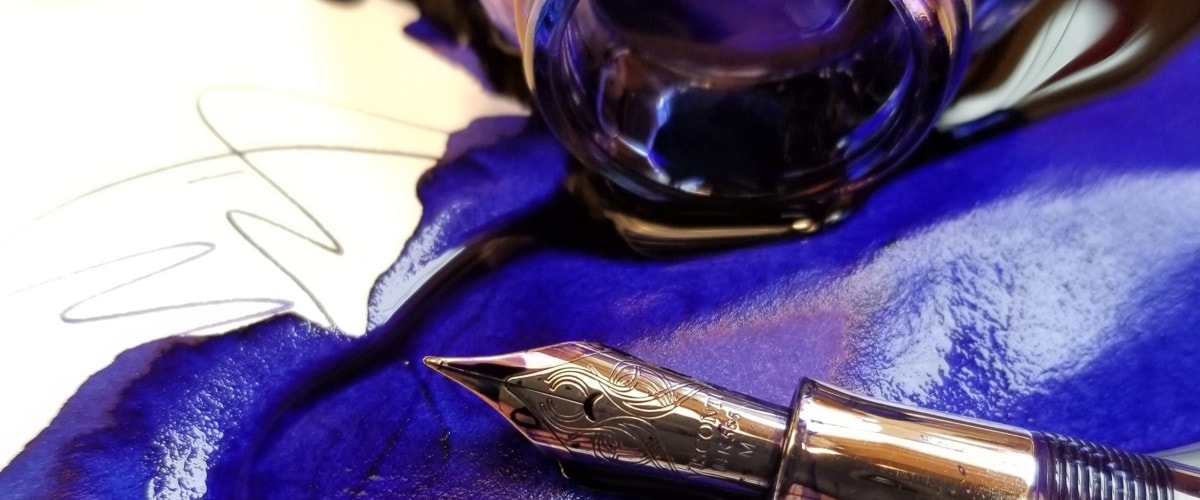Common belief states that poetry must have rhyme and rhythm and be broad enough for everyone to enjoy. On the contrary, I find that poetry is completely subjective to the writer, for poetry, at its core, is for the genuine expression of oneself. This means that readers are welcomed but not necessarily beseeched for advice or opinion.
Here are 3 things to keep in mind when sculpting new poems.
1. Poems do not have to rhyme or have a set rhythm.
In fact, punctuation and line breaks can affect the poem all on their own to create a connection with the reader without necessarily being sing-songy.
This is a poem I wrote in the 11th grade, one that was inspired by Emily Dickinson’s style without the use of rhyme or a specific syllabic pattern.
O, my heart
You allow too much—tears
My plans: remain calm
Still,
you betray
O, my heart
I’m headstrong—fearless
Don’t ruin who I am:
Independent.
Vulnerability stings
O, my heart
Your strings plucked—spare me!
Cocoon yourself
Love,
do not hurt me
O, my heart
I implore you—
Wisdom over emotion
When lessons learned,
heart, go free!
2. Sometimes, less is okay.
You don’t have to write a villanelle or a sonnet to create something worthwhile. “Short, sweet, and to the point” is a well-known mantra for good reason. All it takes is a few words to make a direct and impactful point that hopefully provokes the reader.
Plenty of my best musings are punchy one-or-two-liners that I imagine people would use for their smartphone wallpapers.
This is a handful of favorites from my own creations.
- He fell in love with her words and, therefore, fell in love with her soul.
- She wielded her power from knowing she could have anyone or anything at any time and then choosing herself instead.
- If my soul could always speak for itself, art of any shape or form would need not exist.
- If words are as strong as people say, why couldn’t mine convince you to stay?
3. Your poetry does not have to make sense to everyone.
There’s this guy—you may be familiar with him—William Shakespeare. Let’s be honest, he didn’t always make sense. I think that’s why my 9th-grade teacher had my whole grade picking apart and interpreting his works.
Not everything you write will resonate with millions of readers. Person A may not reach the same conclusion about a poem as Person B. And there is nothing wrong with that! While I will admit that too much obscurity may derail more readers than you wish, it’s also okay if there is some mystery or some loose ends.
At the end of the day, it may only be my mom that claps for me. Moreover, when my work doesn’t relate to her, it has simply been written for myself, and that is still enough because it means something to me.
Here are three of my musings that may furrow a few brows.
- She aches for melodies that dance on the wind and words that paint the sky.
- I love the way you absorb the stars. Your eyes become globes of infinite galaxies, and I’d rather fall into your Milky Way than kiss the moon that steals my breath away.
- He cut open his soul and let the ink bleed through the page.
All in all, there is so much freedom to be found in poetry. Certain structures, rules, and boundaries for styles such as the aforementioned villanelles and sonnets are not indefinitely required for every poem you write.
I encourage you to pick up a pen and pad any moment you feel a fleeting poetic thought and use these moments to build longer free-verse poems or simply string together one-line musings.
Featured Image by David Pennington




 A Christian View of Design
A Christian View of Design  Gluten-Free Mac and Cheese
Gluten-Free Mac and Cheese  Breakthrough: Enneagram Coaching With Sue Mohr
Breakthrough: Enneagram Coaching With Sue Mohr